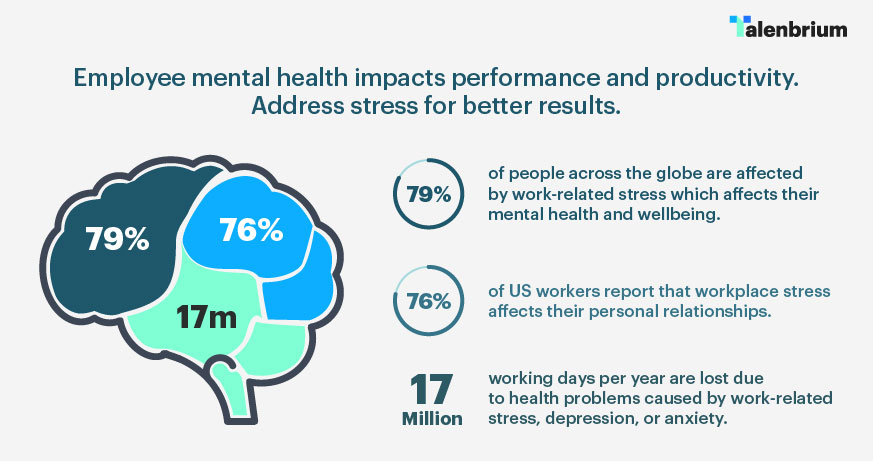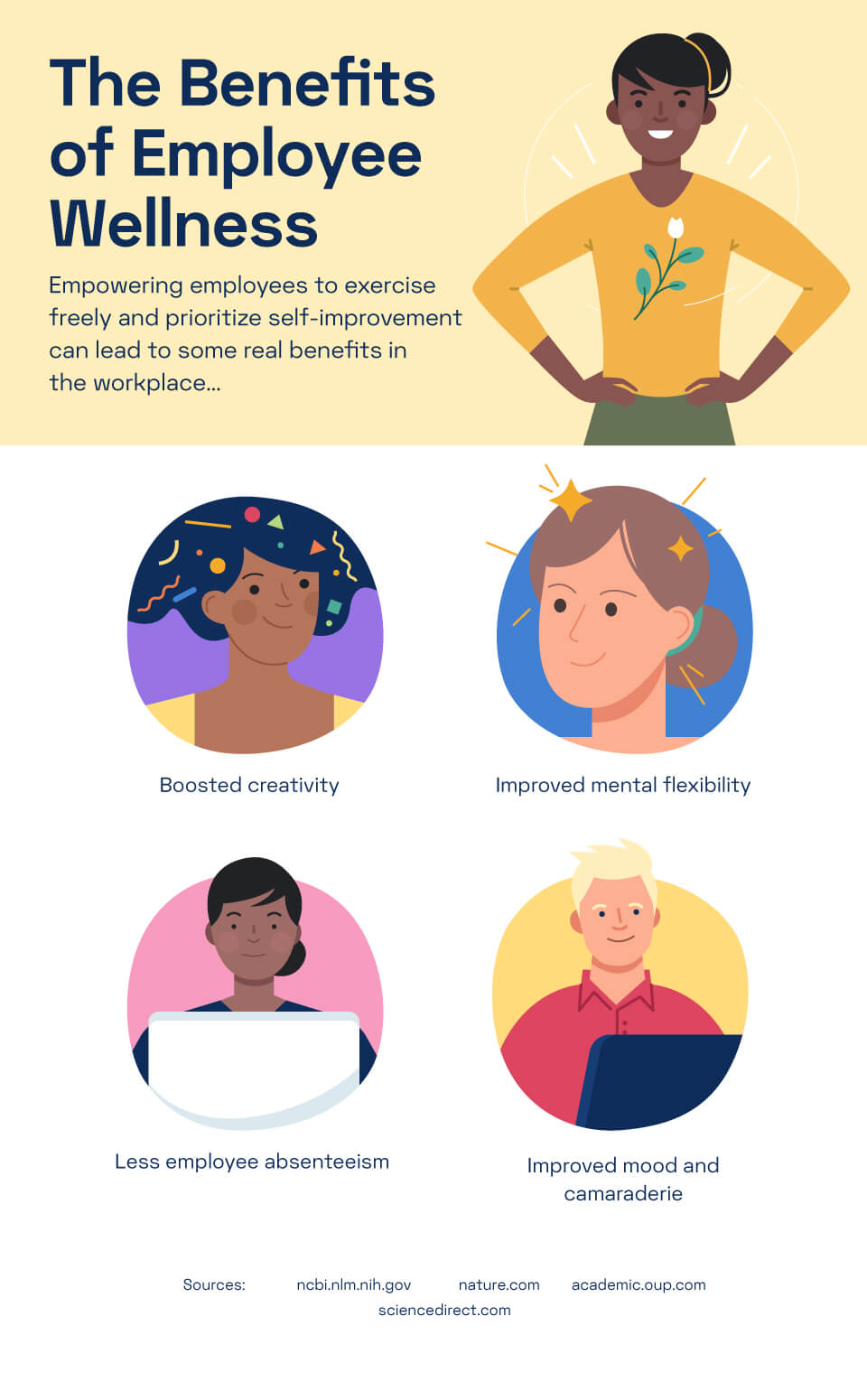How can mental health in the workplace influence recruitmentand employee retention? In today's fast-paced work environment, understandingthe significance of mental health is crucial for both employers and employees.With increasing awareness around mental health issues, organizations thatprioritize mental well-being not only create a supportive atmosphere but alsoattract top talent. This blog explores the vital role of mental health in theworkplace and its impact on recruitment strategies.
Why Does Mental Health in the Workplace Matters?
Mental health in the workplace refers to the psychologicalwell-being of employees. It encompasses how individuals cope with stress, workdemands, and interpersonal relationships. Poor mental health can lead todecreased productivity, increased absenteeism, and higher turnover rates.Conversely, fostering a mentally healthy workplace can enhance employeesatisfaction, loyalty, and overall organizational success.
Organizations that recognize the importance of mental healthcreate environments where employees feel valued and supported. This commitmentcan significantly influence recruitment efforts, as candidates increasinglyseek workplaces that prioritize their well-being.

Source: www.talenbrium.com
The Impact of Mental Health on Recruitment
- Attracting Talent: Companies known for their strong mental health initiatives are more appealing to potential employees. Candidates are more likely to choose organizations that demonstrate a commitment to employee well-being through supportive policies and practices.
- Employee Retention: A focus on mental health can lead to higher retention rates. Employees who feel supported are less likely to leave their jobs, reducing turnover costs for employers.
- Positive Work Culture: Organizations that prioritize mental health foster a positive work culture, which enhances team dynamics and collaboration. This environment attracts candidates who value teamwork and inclusivity.
- Enhanced Employer Brand: Companies that actively promote mental health initiatives build a strong employer brand. This reputation can be a powerful tool in attracting top talent who resonate with the organization's values.
- Diversity and Inclusion: Prioritizing mental health also supports diversity and inclusion efforts. By creating a safe space for all employees, organizations can attract a wider range of candidates from various backgrounds.
Strategies for Promoting Mental Health in the Workplace
To effectively integrate mental health into workplaceculture, organizations can implement several strategies:
- Open Communication: Encourage open discussions about mental health among employees. This helps reduce stigma and fosters a supportive environment where individuals feel comfortable sharing their experiences.
- Training Programs: Provide training for managers on recognizing signs of mental distress and how to support their teams effectively. This training should emphasize empathy and active listening.
- Flexible Work Arrangements: Offer flexible working hours or remote work options to help employees balance their personal and professional lives better.
- Employee Assistance Programs (EAPs): Implement EAPs that provide confidential counseling services to employees facing mental health challenges.
- Wellness Initiatives: Introduce wellness programs that promote physical activity, mindfulness, and stress management techniques.
- Regular Check-Ins: Conduct regular one-on-one check-ins between managers and employees to discuss workload, stress levels, and overall well-being.

Source: kaiahealth.com
Benefits of Prioritizing Mental Health
Investing in mental health yields numerous benefits fororganizations:
- Improved Productivity: Employees with good mental health are more engaged and productive. They can focus better, meet deadlines, and contribute positively to team goals.
- Reduced Absenteeism: By addressing mental health proactively, companies can lower absenteeism rates significantly. Employees are less likely to take time off due to stress or burnout.
- Enhanced Employee Satisfaction: A supportive work environment boosts employee morale and satisfaction levels, leading to a more motivated workforce.
- Cost Savings: Organizations that prioritize mental health often experience lower healthcare costs due to fewer claims related to stress-related illnesses.
- Stronger Team Dynamics: A focus on mental well-being fosters collaboration among team members, leading to stronger relationships and improved communication.
Conclusion
Incorporating mental health into workplace practices is notjust an ethical responsibility; it is a strategic imperative for successfulrecruitment and retention. By prioritizing mental well-being, organizations cancreate an environment where employees thrive both personally andprofessionally. As candidates increasingly seek employers who value theirwell-being, investing in mental health initiatives will become essential forattracting top talent for Gulf in the competitive job market.
By embracing these principles of mental health inthe workplace, companies not only enhance their reputation but also build aresilient workforce capable of navigating challenges effectively.




























